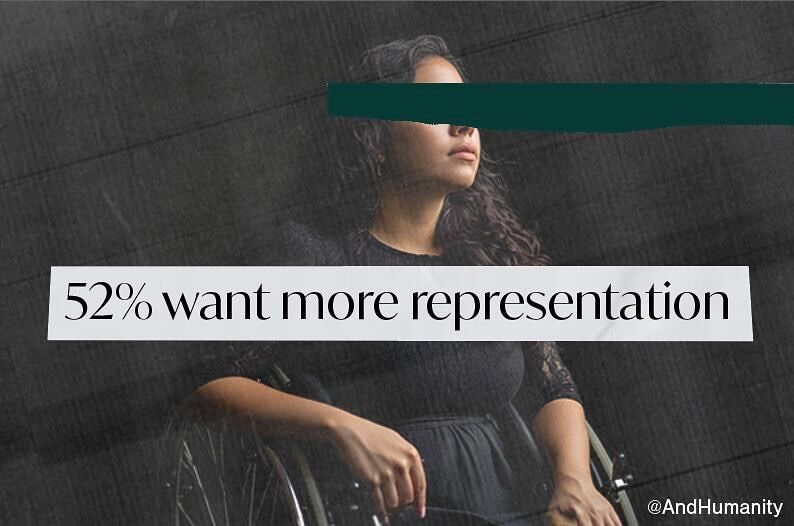Yes, we agree that A.I. has its issues – especially when it comes to ethics, equity, and inclusion. There are plenty of examples of A.I. reinforcing ableism and racism; for example, captioning tools misinterpreting speech nuances of people with diverse accents or disabilities, or facial recognition algorithms that struggle with accurately identifying people of colour, leading to discriminatory outcomes.
However, like anything else, there is nuance to it.
And when harnessed thoughtfully and ethically, A.I. can help break down barriers that have long excluded millions of people with disabilities from fully participating online and offline.
Here is a list of some AI-powered tools shaping the future of accessible digital experiences:
➡️ DocAxess: AI-powered platform that automates tagging and remediates PDFs for compliance with PDF/UA and WCAG standards, converting documents into accessible formats quickly and efficiently.
➡️ Deque Systems, Inc‘s axe Accessibility: AI-enhanced accessibility testing tool offering deep analysis for websites and mobile apps, providing machine learning-based issue prioritization and WCAG 2.2 & 3.0 compliance support.
➡️ Microsoft Accessibility Insights: Free, open-source AI tool that integrates contrast checks and screen reader simulation for comprehensive accessibility testing in real-time, with smooth CI/CD pipeline integration.
➡️ Equal Access International AI (EA-AI): New AI tool combining natural language processing and usability testing to analyze content clarity, readability, and cognitive load, enhancing accessibility for individuals with cognitive disabilities.
➡️ Tenon.io by Level Access: Accessibility testing platform that generates AI-driven remediation code snippets for developers, speeding up fixing accessibility issues at scale for large teams.
➡️ Otter.ai: AI-driven transcription and live captioning service that converts spoken conversations into accurate, real-time text, greatly benefiting deaf or hard-of-hearing individuals in meetings, lectures, and videos.
➡️ Microsoft Translator: AI-powered translation and live captioning tool supporting multiple languages and speech-to-text, widely used for live accessibility in presentations and online events.
➡️ Verbit.ai: AI-enabled transcription and captioning platform combining human editors with machine learning for high-accuracy captions and transcripts, ideal for education, media, and corporate communication.
➡️ brain.fm: AI-generated functional music designed to improve focus, relaxation, and sleep, which can support neurodivergent users managing sensory processing differences.
➡️ Rewordify: AI-powered text simplification tool that rewrites complex English content in simpler language, helping users with cognitive disabilities or limited proficiency understand text more easily.
➡️ Speechify: Text-to-speech AI app that converts written content into natural, human-like speech, supporting people with reading disabilities such as dyslexia.
As A.I. continues to reshape how we create and consume digital content, its ethical implications remain a critical consideration. Inclusive AI requires ongoing dialogue, diverse perspectives, and accountability to ensure technologies uplift rather than undermine equity-deserving communities. By highlighting leading accessibility tools that balance innovation with ethical awareness, we take a meaningful step toward building a digital world where technology serves everyone equitably – mindful that the true promise of A.I. lies not just in technical achievement, but in shared humanity.
Learn more about what we do and who we do it for on our services page.
Sign up for our newsletter here for more insights on marketing, advertising, communications, and how the industry intersects with inclusion.









